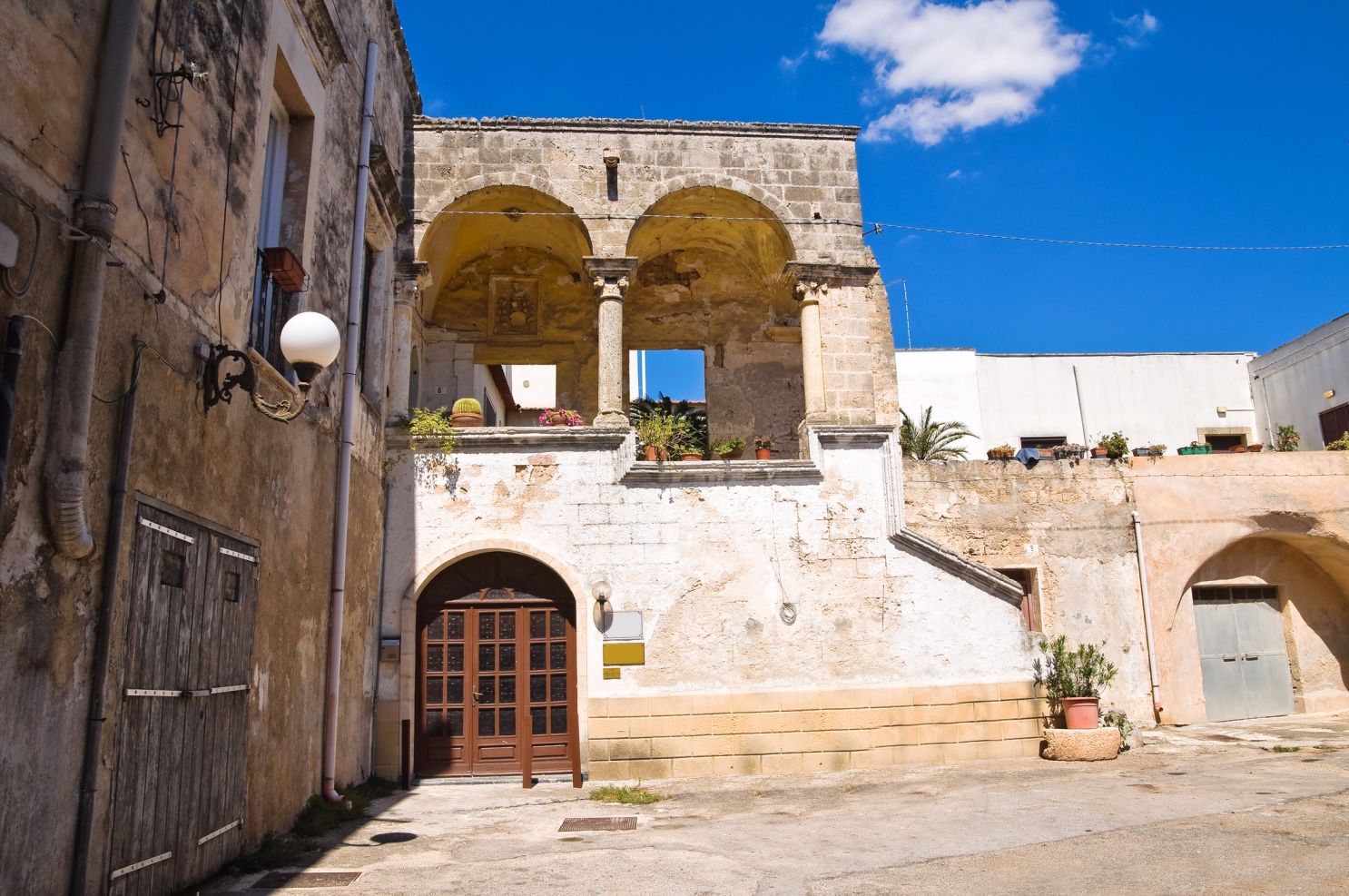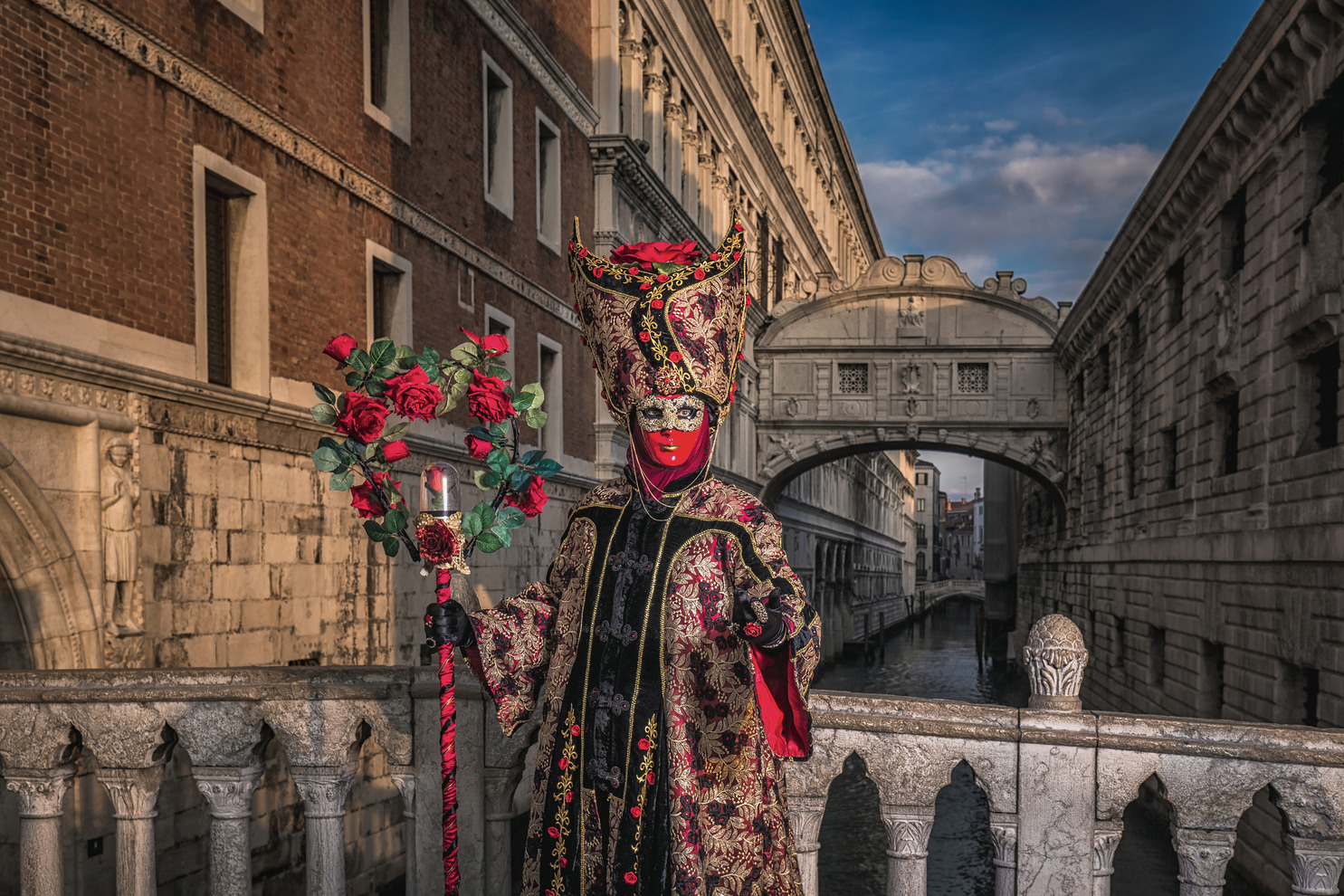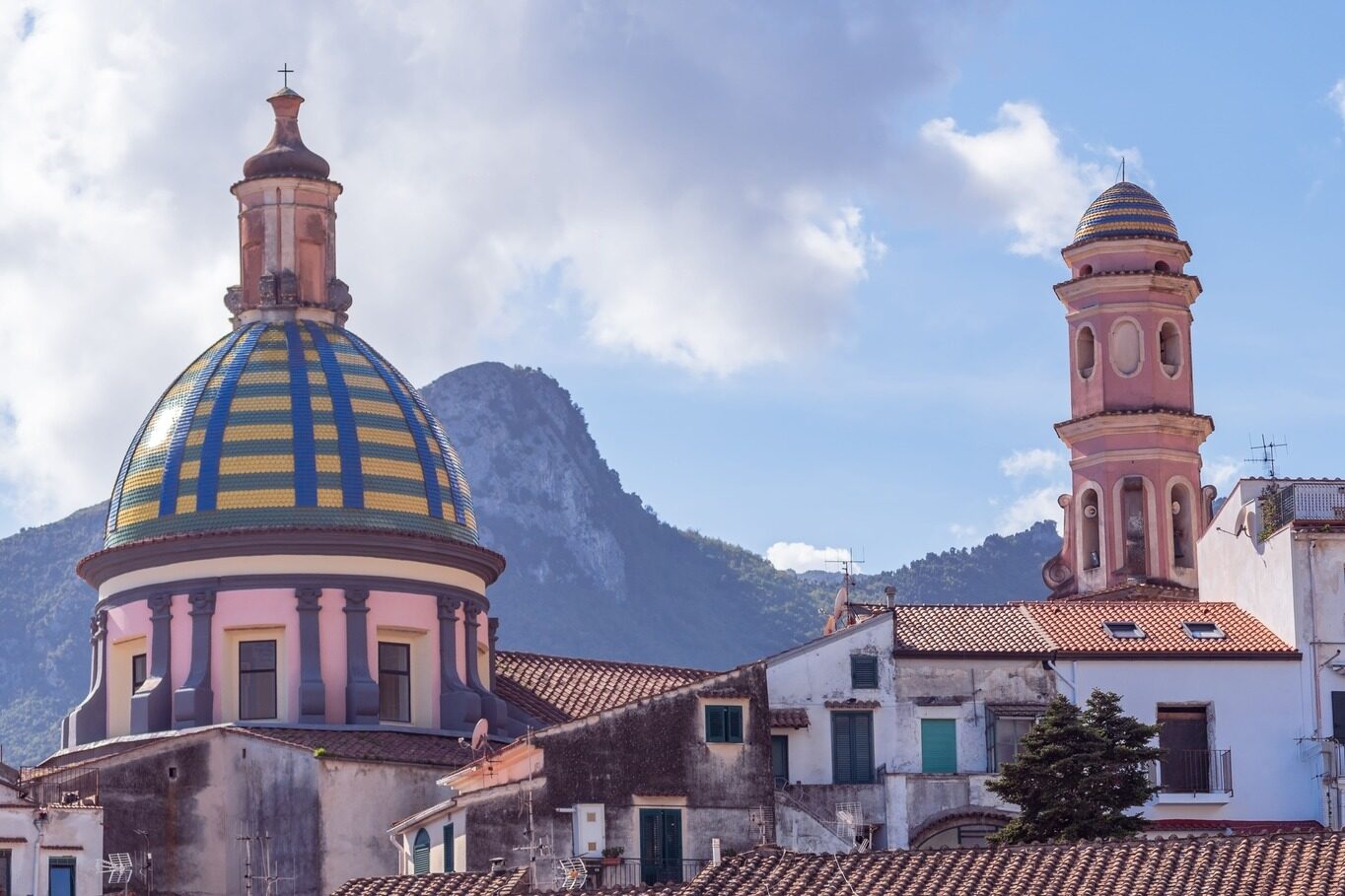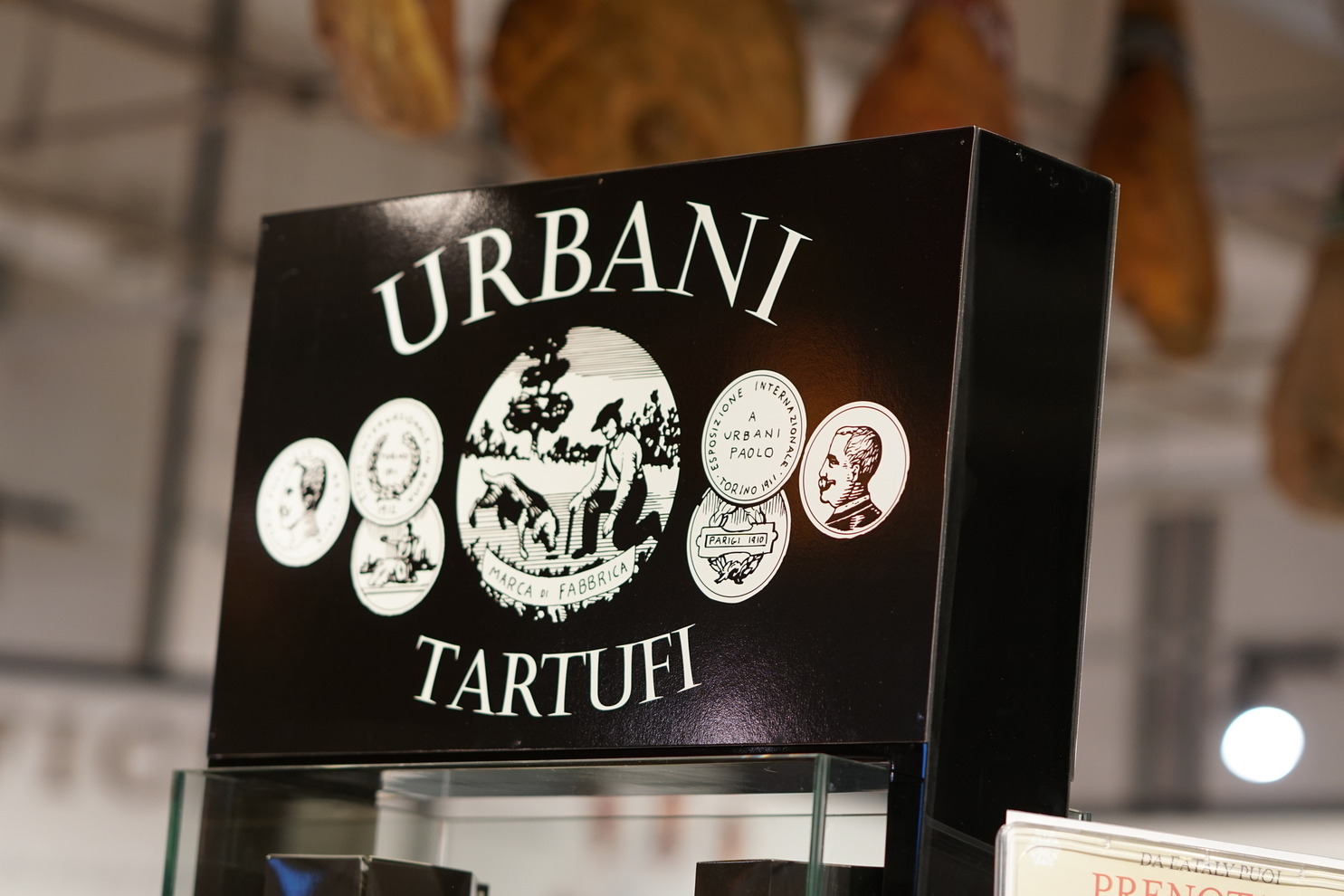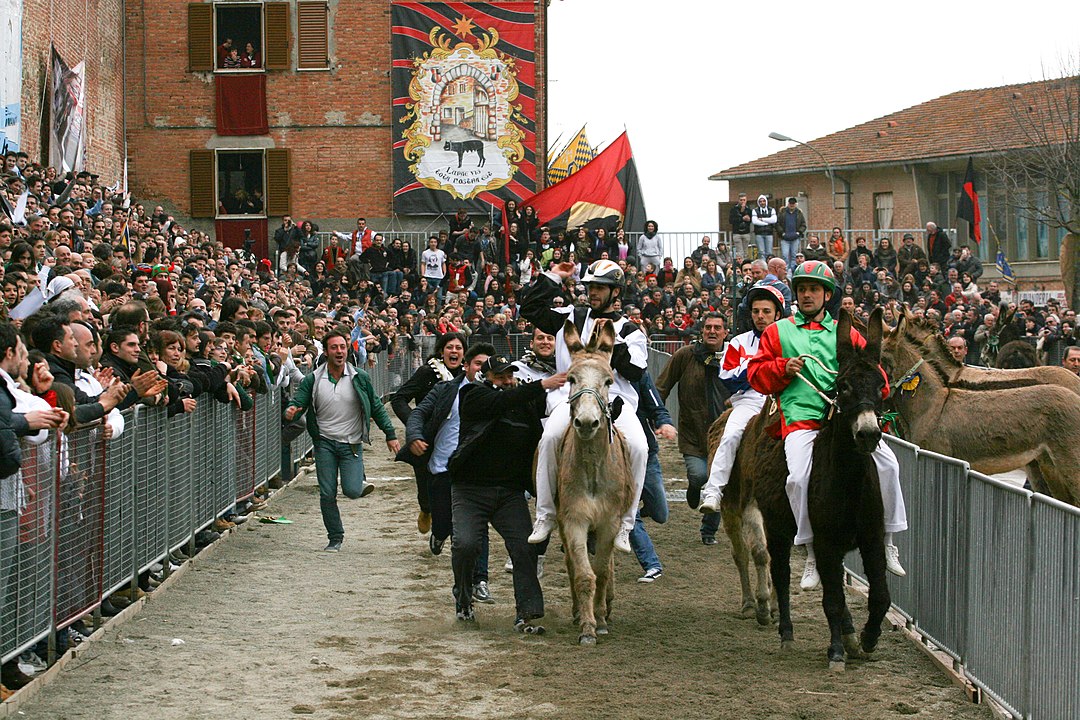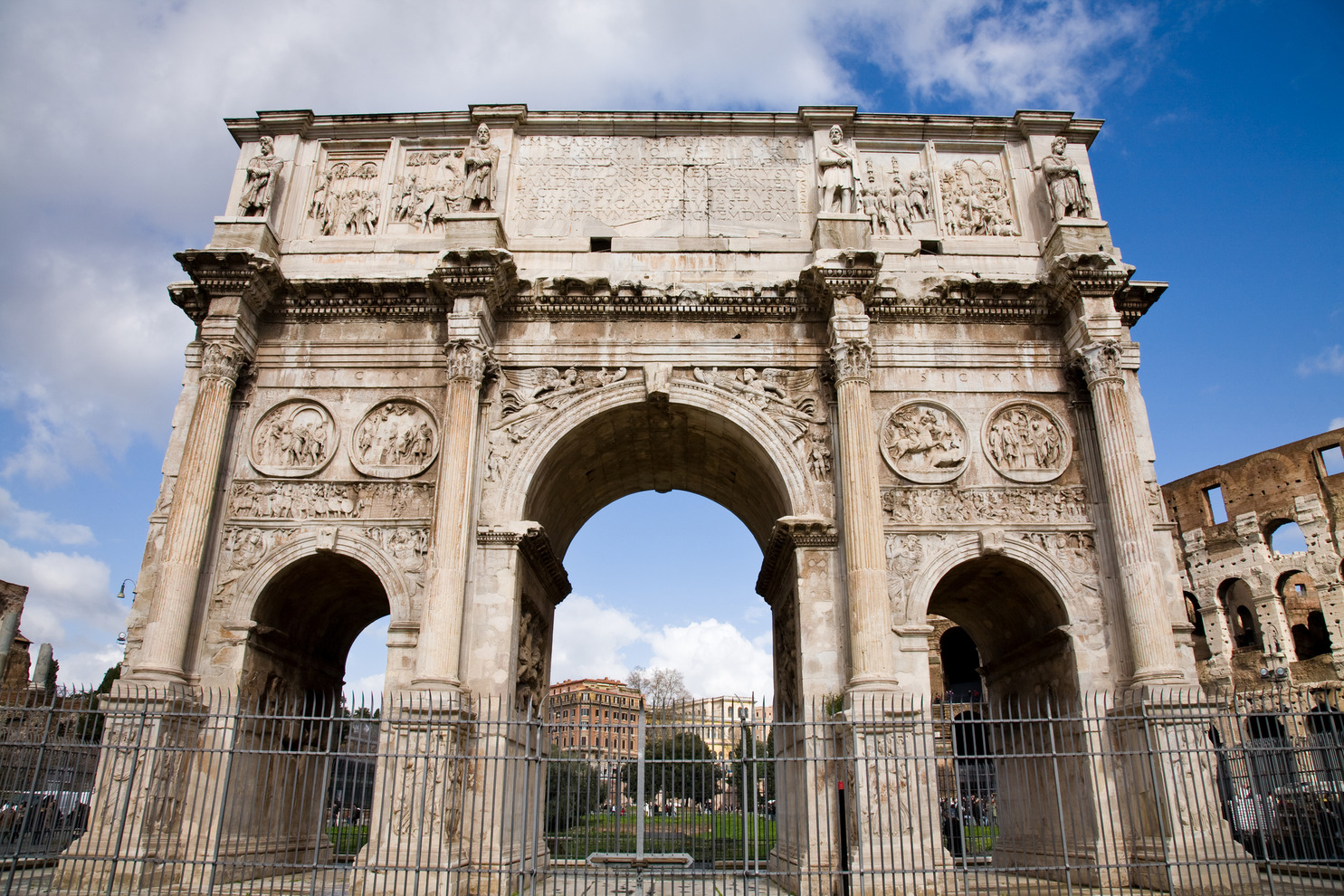Staff
The Italian word capriccio (cah-pree-tcho) has changed its meaning over centuries and if today we associate it to something we do on a whim, or to impulsiveness, once upon a time it also meant “discomfort.” Its etymology is linked to …
The Italian expression senz’altro (sehn-tzal-troh) is a widely used phrase that translates to “certainly,” “of course,” or “without a doubt” in English. It is a way to affirm something with confidence and conviction, often implying an immediate or unquestionable response. …
Maruggio is situated approximately 25 miles (ca. 40 km) east of Taranto, within a natural depression between the inland and the coastline. Its beaches are known for being sandy, with occasional rocky stretches in the eastern part. The sea here …
The term bòcolo in Venetian dialect refers to a rosebud and, on this day, it’s customary for men to present a red rosebud to the significant women in their lives — be it wives, fiancées, mothers, or sisters — as …
Vietri sul Mare is a small town in southern Italy, along the Amalfi Coast. Located just about three miles to the east of Salerno, it is considered the gateway to one of the most famous stretches of coastline in the …
The Italian word fiasco (fee-ah-skoh) originally refers to a type of bottle, specifically a round-bottomed glass flask often encased in a straw basket, traditionally used for Italian wines like Chianti. So, if you are at a local osteria somewhere in San …
Urbani Truffles was founded in 1852 by Costantino Urbani and grew from a modest truffle exporting business in Umbria into the world’s leading distributor of high-quality truffles. What started as a small family operation selling fresh truffles in France evolved …
You know you’re dealing with something special when a company has been around for over six centuries. That’s the case with Camuffo, the world’s oldest shipyard, making boats since 1438. It all began under the Venetian Republic, when the Camuffo …
Torrita di Siena is a charming medieval town located in the heart of Tuscany, Italy. It lies approximately 80 kilometers (50 miles) southeast of Florence, the region’s largest city, and 50 kilometers (31 miles) southeast of Siena. Torrita is known for its well-preserved historical …
The arch is one of the most important architectural innovations in history, and while its basic concept may have existed in early civilizations, it was the Etruscans and, later, the Romans who perfected and popularized its use. This seemingly simple …


